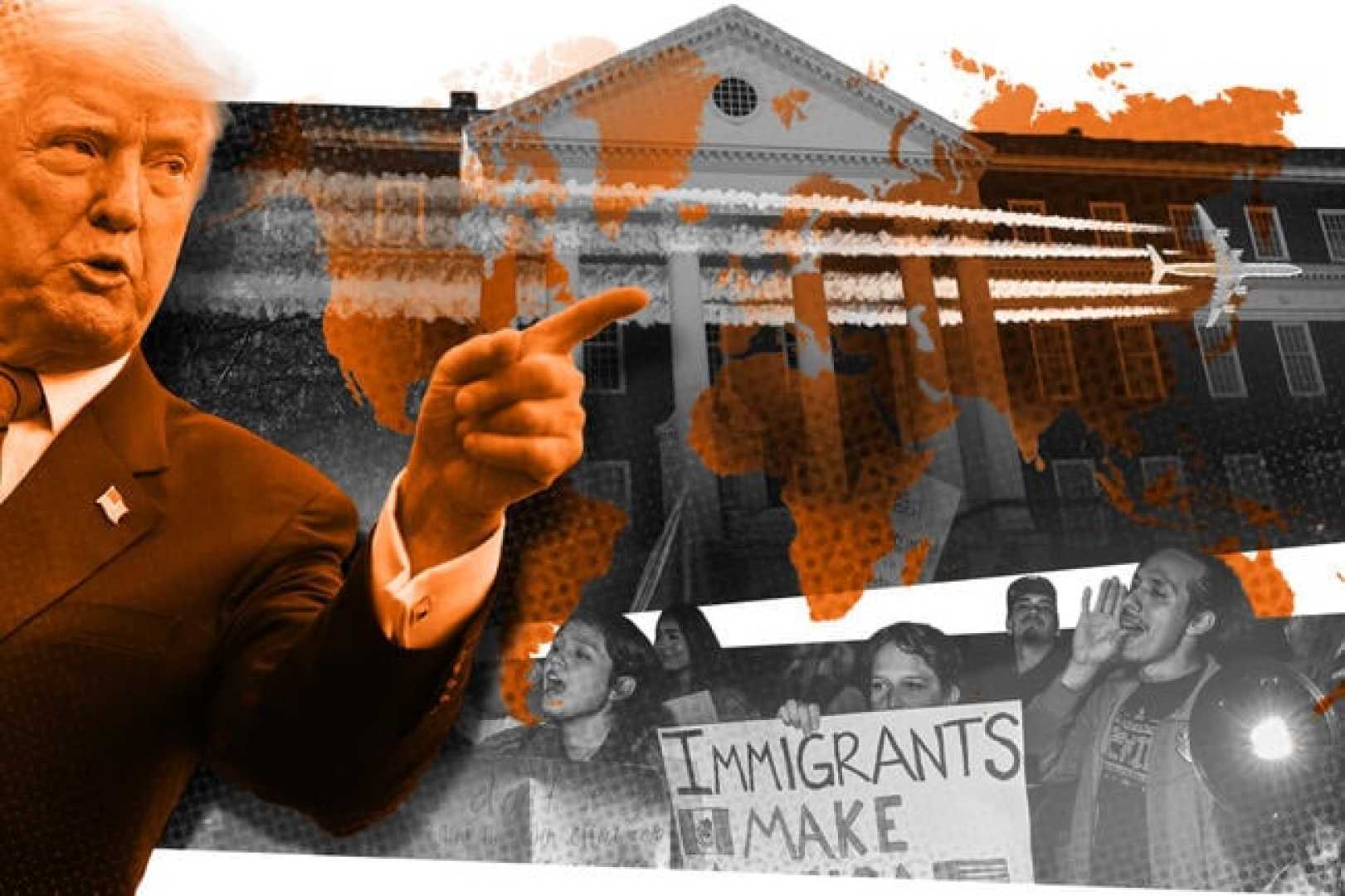Education
Trump Administration Implements New Measures Impacting International Students

Washington, D.C. — In June 2025, the Trump administration introduced new measures to limit the entry of international students into the United States. These policies have raised concerns about academic mobility and the international reputation of U.S. higher education.
On June 4, 2025, President Donald J. Trump issued a formal directive targeting new international students planning to study at Harvard University. The order further instructed the State Department to evaluate revoking existing visas for current international students at Harvard who fell under the proclamation’s criteria.
This restriction specifically affected applicants associated with Harvard and excluded programs seen as essential to national interests. Harvard quickly responded by obtaining a federal court injunction just two days later, which allowed the university to continue its participation in the Student Exchange Visitor Program (SEVP) while litigation was pending.
However, despite this legal victory, uncertainty looms. The Department of Homeland Security has already threatened Harvard’s SEVP certification, a move that could jeopardize the status of 6,800 international students. Harvard labeled this action a politically retaliatory measure that poses a direct threat to academic freedom.
At the same time, the administration enacted widespread travel bans. A separate order issued on June 4, 2025, imposed full travel suspensions on citizens from 12 countries, including Iran, Afghanistan, Myanmar, and Somalia, along with partial restrictions affecting seven other nations. Affected individuals include potential students, unless they hold valid visas or qualify for national-interest exemptions.
The impact of these restrictions has been significant. Travel limitations and visa suspensions have already deterred thousands of prospective student applicants from countries like India and China, which together contribute over 277,000 students to U.S. institutions annually. This poses a potential threat to a U.S. education sector worth $43.8 billion a year, providing support for over 378,000 jobs.
The dwindling international enrollments have raised serious economic and operational concerns for U.S. colleges and universities. According to Moody’s, delays in visa processing and the ongoing scrutiny could destabilize institutions that depend on international students for tuition revenue.
The National Foundation for American Policy (NFAP) also warns that smaller institutions, which heavily rely on full-paying international students, could face dire consequences.
International students are expressing anxiety over delays, cancellations, and travel restrictions that disrupt their academic plans. Projections indicate that many will explore educational opportunities in Canada and Europe as faith in the U.S. as a viable academic destination fades.
This situation raises pressing questions about academic freedom and the autonomy of institutions. Many universities see these policies as a challenge, prompting legal actions and lobbying efforts by higher education associations like the American Council of Education to reform visa processes.
Trump’s visa policies are triggering widespread ramifications across U.S. higher education, including financial strain on institutions, disrupted research collaborations, and the slow deterioration of America’s traditional role as a global education leader.
Ultimately, it raises a crucial question: Can the United States reclaim its status as a leading destination for talented scholars, or will students increasingly turn to Europe, Canada, or Australia? The outcome will not only impact the financial health of American universities but also the character of campus life and the U.S.’s position in international education.












